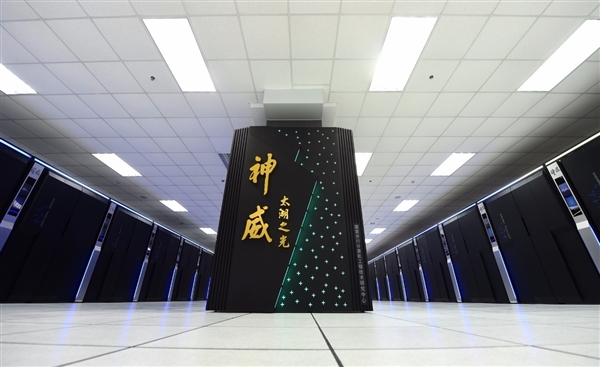The United States is blacklisting five Chinese organisations involved in supercomputing with military-related applications, citing national security as justification for denying its Asian geopolitical rival access to critical US technology.
The move Friday by the US Commerce Department could complicate talks next week between President Donald Trump and his Chinese counterpart, Xi Jinping, aimed at de-escalating a trade dispute between the world’s two biggest economies.
The five blacklisted organisations placed on the so-called Entity List includes supercomputer maker Sugon, which is heavily dependent on US suppliers including chipmakers Intel, Nvidia and Advanced Micro Devices.
The other four are the Wuxi Jiangnan Institute of Computing Technology and three Sugon affiliates.
The Commerce Department called their activities “contrary to the national security and foreign policy interests of the United States.”
Sugon and the Wuxi Jiangnan Institute, which the US said is owned by a Chinese army research institute, are involved in China’s push to develop next-generation “exascale” high performance computing to assist with military modernisation.
The technology involved supports such military-related tasks as running nuclear simulations, calculating missile trajectories and hypersonic algorithms, said Paul Triolo, technology analyst with the global risk-assessing Eurasia Group.
“This is all about the race to exascale computing, which China has designated as a major priority,” he said, adding that companies such as Sugon have received major government backing.
Of particular concern to China hawks in the Trump administration, Triolo added, is Sugon’s move to develop a next-generation processor of its own.
It licensed one generation of AMD technology as part of a 2016 joint venture in which a Sugon subsidiary has an ownership stake.
An AMD spokesperson said the company was reviewing the order “to determine next steps related to our joint ventures.”
(PTI)





